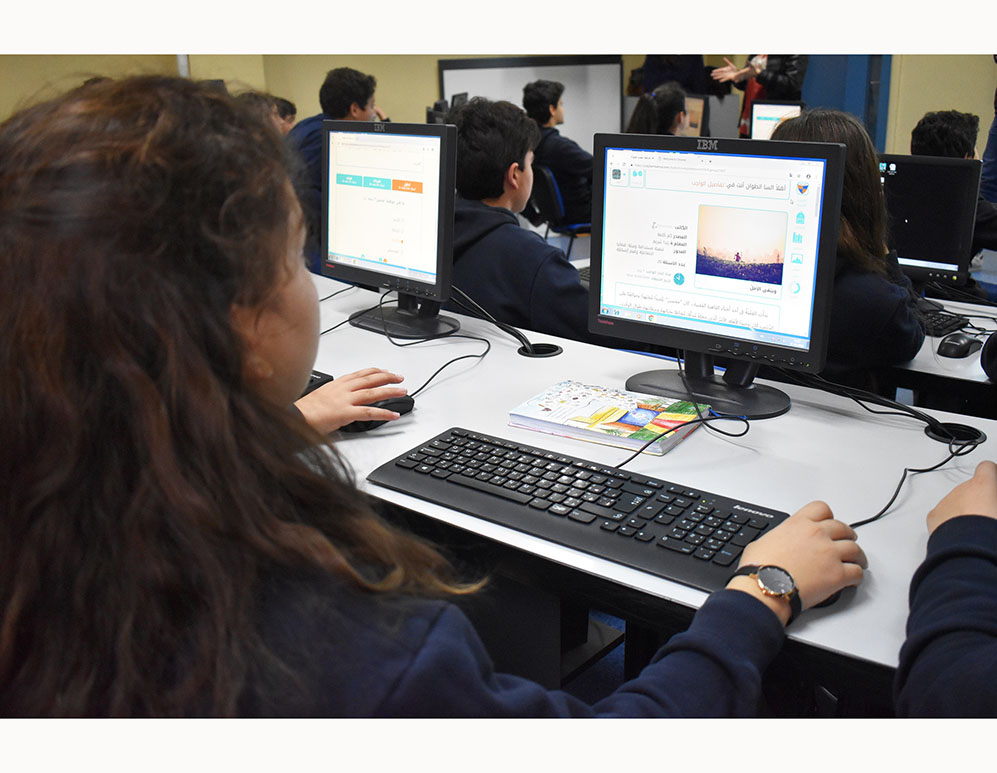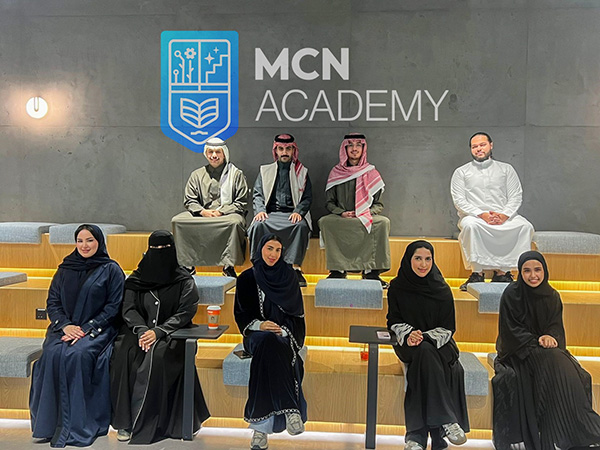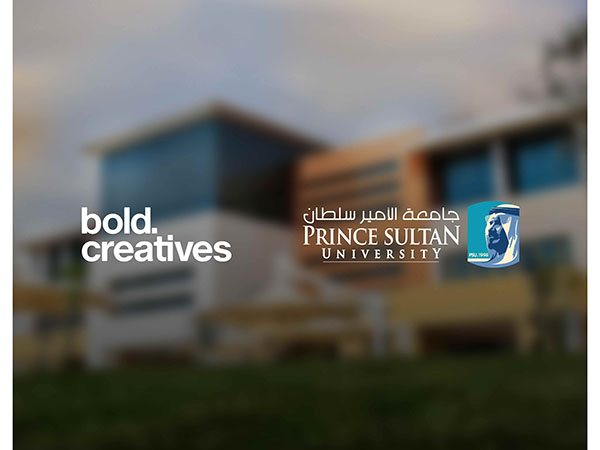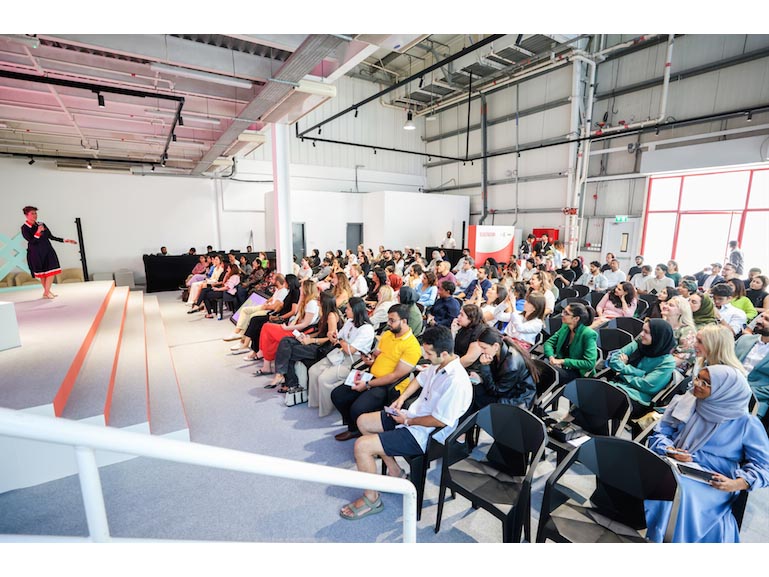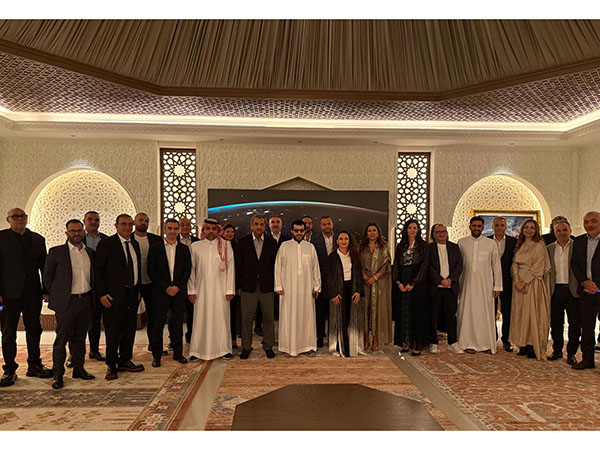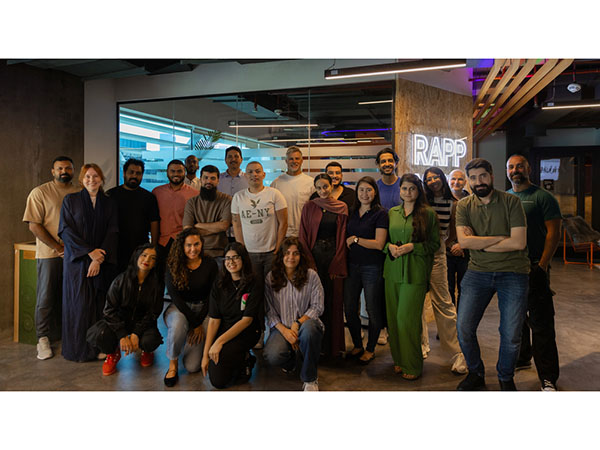News - News In Brief
Kamkalima’s First Annual Conference: Future Aspirations and Innovative Solutions For Teaching and Learning Arabic
May 31, 2021

Kamkalima wrapped up its first annual conference, “On the Horizon of Arabic Teaching and Learning”, hosting pioneers in Education, EdTech, and the Arabic language. The one-day conference consisted of four general and specialized sessions that introduced emerging topics in the education sector.
Journalist Majida Dagher opened the conference and moderated its first session, “Data Speaks: A Case Study of AI in Arabic EdTech”, where Siroun Shamigian, CEO of Kamkalima, presented valuable extracts from a case study Kamkalima conducted with the support of Queen Rania Foundation (QRF), on the positive impact of deploying Artificial Intelligence in Arabic classrooms. Siroun also explained how AI would help teachers plan for their classes effectively, especially while respecting the individual differences of students, discovering their interests, evaluating their levels in different subjects, and assessing their engagement with the content presented in class. In addition, Nafez Dakkak, QFR CEO, highlighted the inevitability of the use of technology for educational purposes in the future, and how the Covid19 health crisis accelerated its course.
The plenary session was followed by a specialized session titled “Who is the teacher of today? Who are the students of tomorrow?” where journalist Maya Majzoub and other education experts discussed broad headings about 21st- century teaching and the importance of preparing students today to be the leaders of tomorrow. They have also shed light on the state of today’s teachers and the professional qualities they need to develop in order to achieve a brighter future while respecting the characteristics of their students who, hopefully, will lead the future community. They have also addressed the challenges that teachers, especially Arabic teachers, are facing today.
In this context, Dr. “Rana Tamim”, Dean of the College of Education at Zayed University, said: “The future of Education resides in the continuous cooperation between teachers and students and the joint efforts of the team. We have to change the teacher stereotype of being the sole source of knowledge into a modern image that is in line with the present and the future. The success of education will depend on the teacher adopting a regulatory, strategic, and indicative role.”
During the second specialized session, “School Strategies to Empower Arabic Departments”, Mirna Mneimneh, Strategic Partnerships Manager at Kamkalima, held a discussion with the Heads of Arabic Departments in prominent school networks particularly, GEMS Education, Emirates National Schools (ENS), Taaleem, and Al-Dar Academies. They raised questions about the changes that may occur in Arabic departments post-Covid19. They all insisted that change was inevitable and that Covid19 accelerated the process. They also addressed the impact of shifting to remote and hybrid learning and teaching, especially when searching for modern and engaging resources in Arabic and using educational technology effectively.
In that regard, Hanadi Mustafa, Senior Manager – CPD & School Review (Arabic) at Aldar Academies, said: “In the current circumstances, the best approach is to empower and support teachers so they can adapt to changes in order to provide an interactive and participatory environment based on the reinforcement of Technology in Education. This environment will encourage and motivate students while narrowing the gap between educational theories and classroom practices so we can overcome teaching stereotypes that blocked our capacity to upskill our students in Arabic.”
During the closing session, “Innovative Arabic Solutions”, Siroun and Dr. Farah Sarraj, Acting Managing Director of Arabic at Al-Futtaim Education Foundation (AFEF), announced their partnership to launch a phonics game app that aims to develop reading and speaking skills for early learners, from 3 to 6 years old, in an engaging and fun way. Dr. Farah also considered that the app launch is a first-of-its-kind initiative in the Arabic phonics field, especially that it will allow early learners to master the mechanisms of reading at an early stage.
After the conference, Kamkalima celebrated the winners in the Writing Competition 2020-2021 as three poems, written by students, were chosen to be composed and published on Anghami. The jury had selected 3 winning teachers amongst 200+, and 9 winning students for 3 different categories from different schools including Al Hekma International School, Emirates National Schools, and Dhafra Private School, from different Arab countries including Lebanon, UAE, Qatar, and Bahrain.
Finally, it is worth mentioning that Kamkalima’s writing competition is annual. This year’s competition was sponsored by Anghami and Tawazon app, and the jury consisted of Anas Sabah Fakhry, Majida Dagher, and Huda Asfour.


